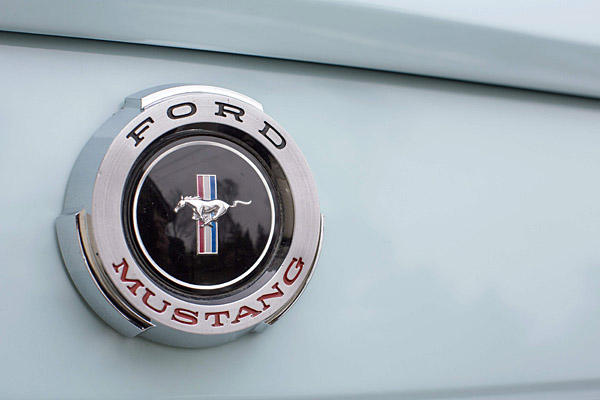Ford has announced its 2015 line-up of Mustangs. It includes a four-cylinder, a V6, and a V8. Although the Mustang isn’t considered to be an ‘efficient’ car, the inclusion of the four-cylinder should improve its ratings economy-wise and help Ford obtain their specific energy-efficient) targets.
A call to action
Ford is certainly a leader in cars selling but aside from that, an industry leader in design and technology. Ford is not lagging in today’s car market regarding environmentally friendly models; there are currently several to choose from, but we are talking about the Ford Mustang – America’s muscle car. The company is aware, however, that there will have to be changes made in order to comply with ever-increasing fuel economy ratings.
It makes sense
Federal fuel economy standards are expected to become even more stringent and a diesel Mustang would be especially beneficial as a step in conquering the global markets. Diesel is used much more as a source of fuel outside of the US and while the Mustang is still popular across the world, a diesel-using version would be a boon to the Ford Company. There is also the train of thought that once diesel Mustangs are manufactured and the benefits of utilizing more miles per gallon are realized the American consumer will adjust to the idea of using diesel instead of gasoline.
Inside the US, the idea of a hybrid just makes sense. Consumers have indicated time and time again that a major consideration when they buy any vehicle is the impact it will have on the environment. Factor in the decline on relying on gasoline and it is easy to see why Americans are so ready to invest in hybrid vehicles. Though hybrid vehicles remain somewhat on the pricey side, as popularity takes hold, competition will force the prices to go down.
Approximately 62 percent of electrical energy is converted through electric vehicles, while gasoline vehicles concert significantly less at roughly 20 percent of the energy store in gasoline. Electric vehicles also produce pollutants from the tailpipe, although there may be pollutants produced from the power plant that is creating the electricity. Another boon to electricity is it is a domestic source of energy, and a cheap one at that. Someday muscle-car enthusiasts might brag about kilowatts, not horsepower.
Who wins?
Many a die-hard Mustang enthusiast will say there is no way to produce a Mustang that uses any other source of fuel except gasoline and expect its performance to remain as it is. Certainly any time there is change it will meet up with detractors. The Mustang is so embroiled in American culture, much like baseball and apple pie, that it is understandable for the hesitancy. However, knowing Ford Motor Company like we do, they will not manufacture a hybrid or electric version of the Mustang should it not perform as well, or even better, than the original. When they do, that same die-hard Mustang enthusiast may look back one day and say “Why didn’t they do this sooner?”



